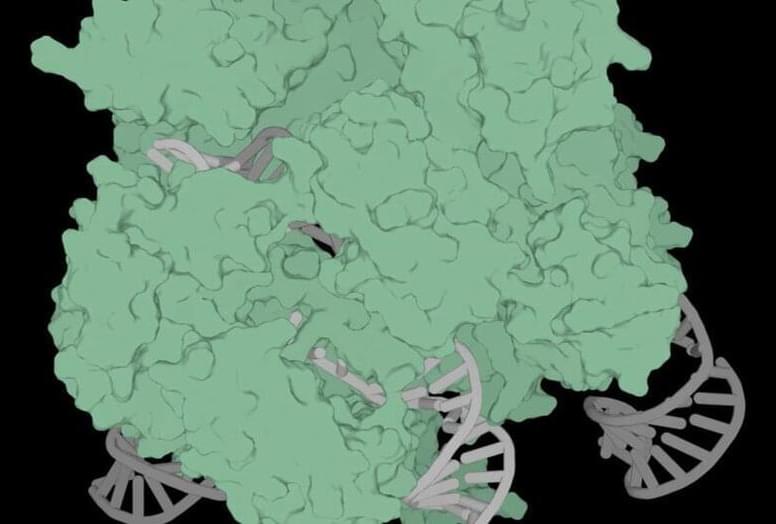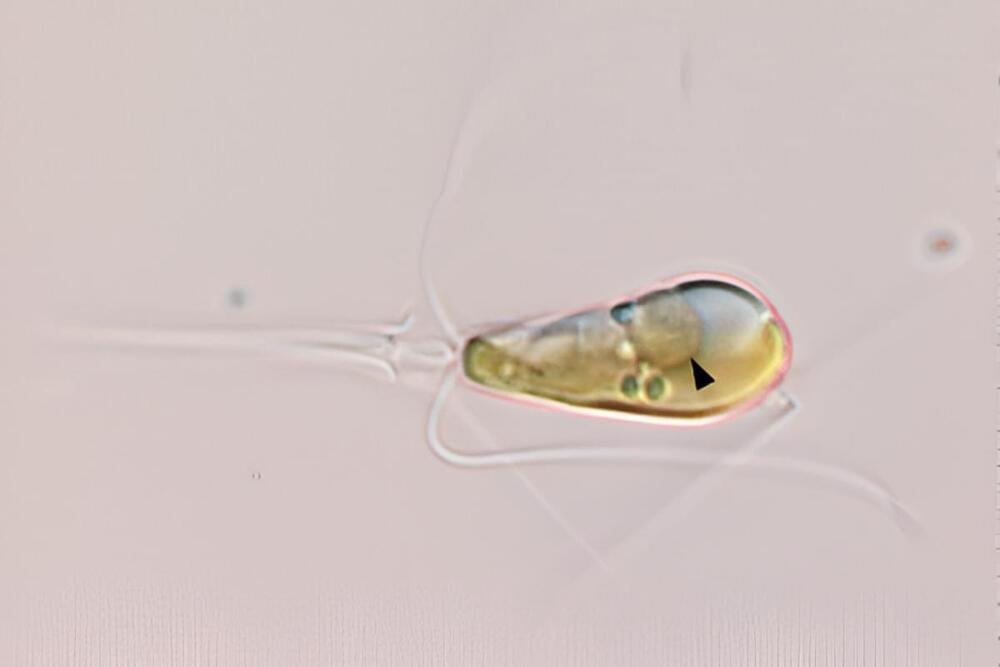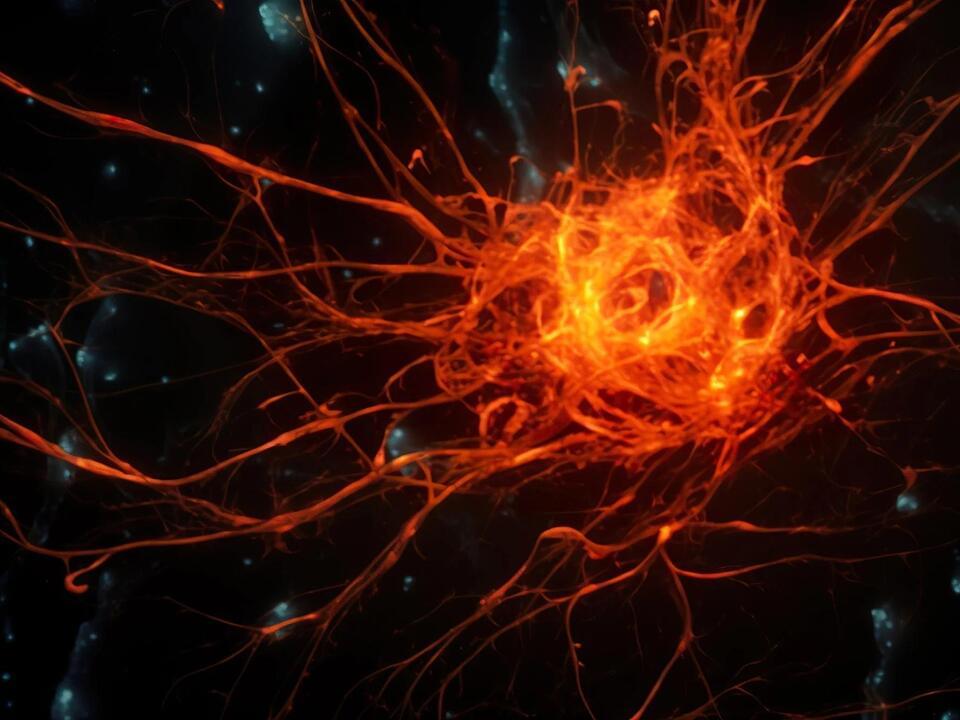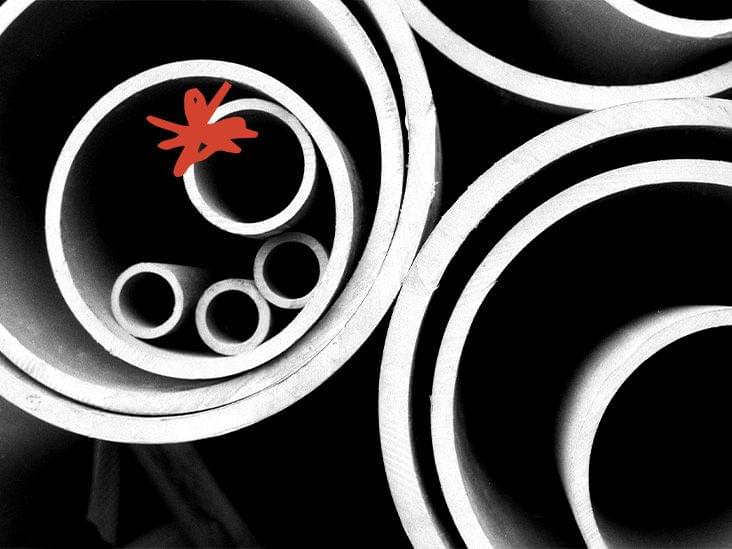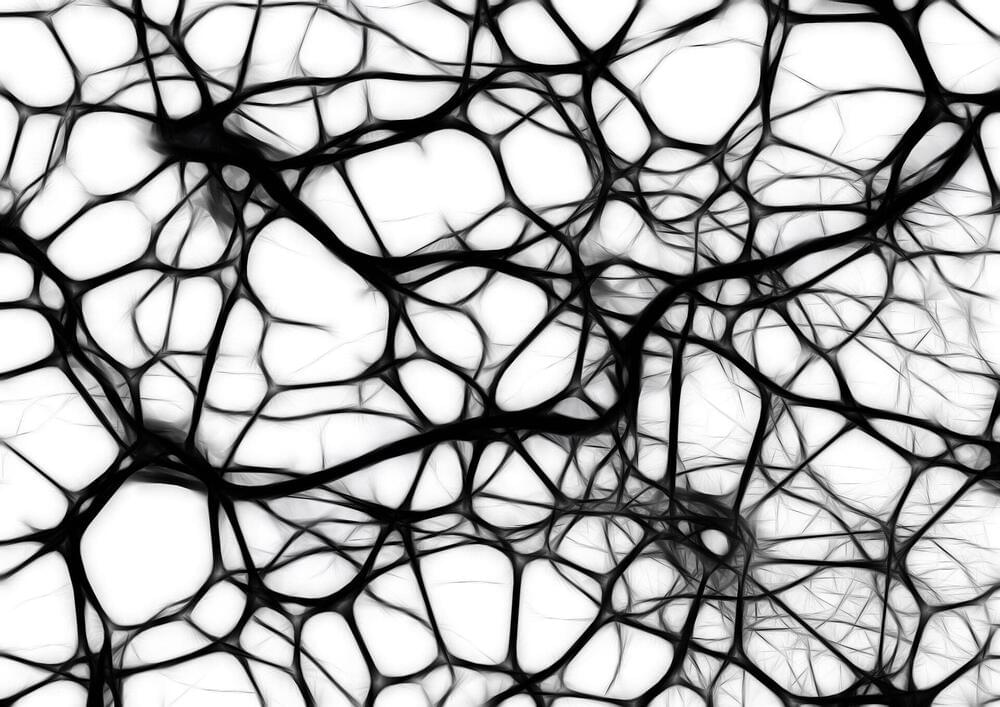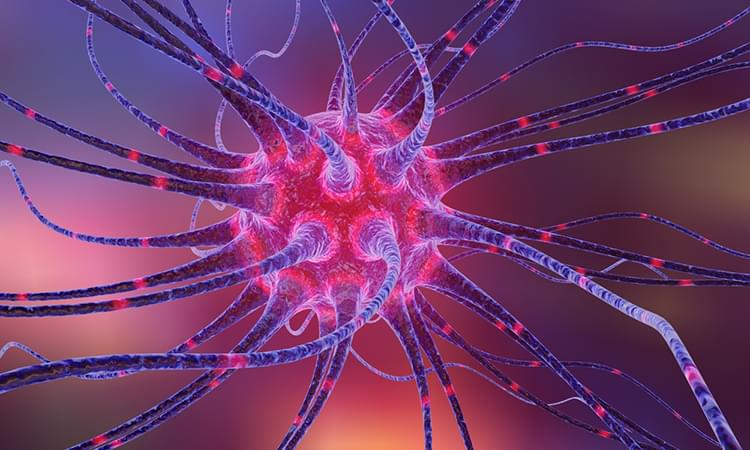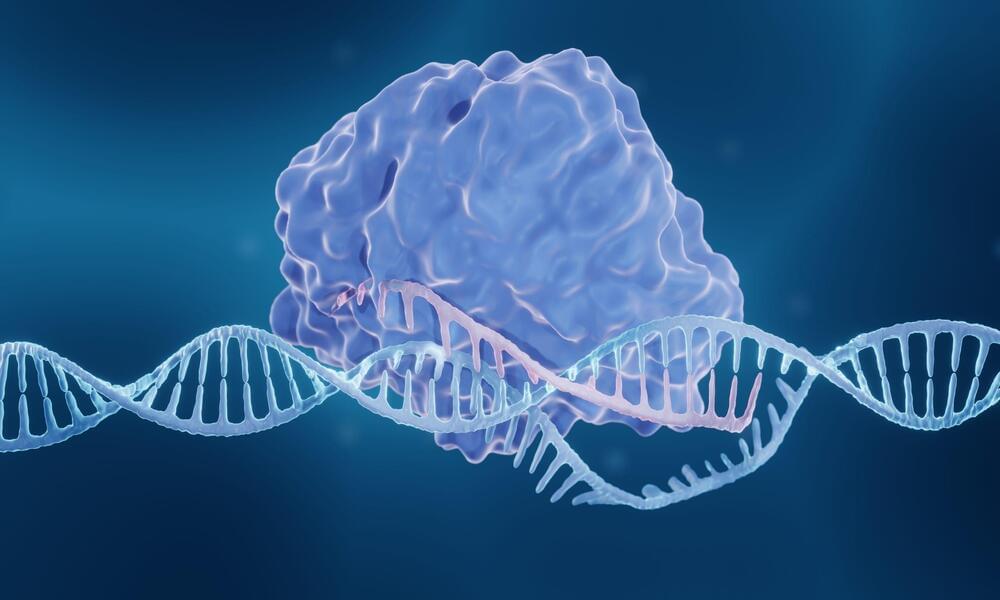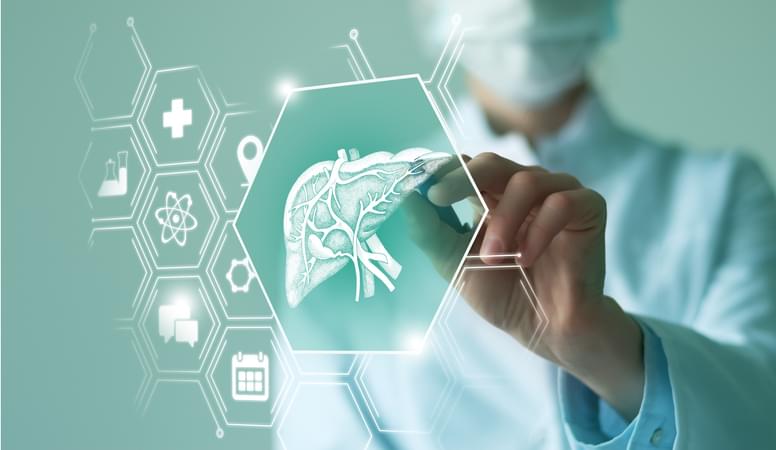
“We want to better understand what causes cancer to resist or respond to immunotherapy to help design more effective strategies for patients,” said senior author Gregory Beatty, MD, PhD, an associate professor of hematology-oncology and the director of clinical and translational research for the Penn Pancreatic Cancer Research Center. “Our findings show that liver cells—with their release of SAA proteins—effectively serve as an immune checkpoint regulating anticancer immunity, making them a promising therapeutic target.”
The study builds on previous research from the team, including co-lead authors Meredith Stone, PhD, a research associate, and Jesse Lee, a graduate student, into liver inflammation in cancer: In a 2019 study, they showed how it promotes pancreatic tumor metastasis to that organ. In 2021, researchers from the Beatty Lab observed that systemic inflammation, involving many of the same molecules implicated in liver metastasis, is associated with worse responses to immunotherapies in pancreatic cancer patients.
The latest study was designed to investigate in more detail how liver inflammation may block the effects of these immune-boosting therapies.
